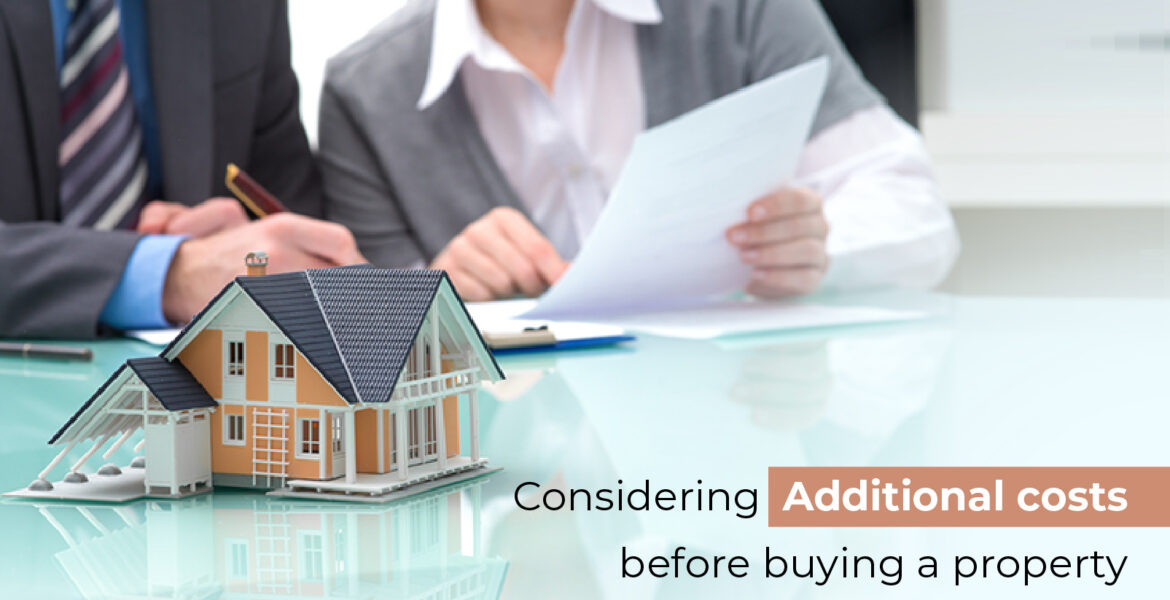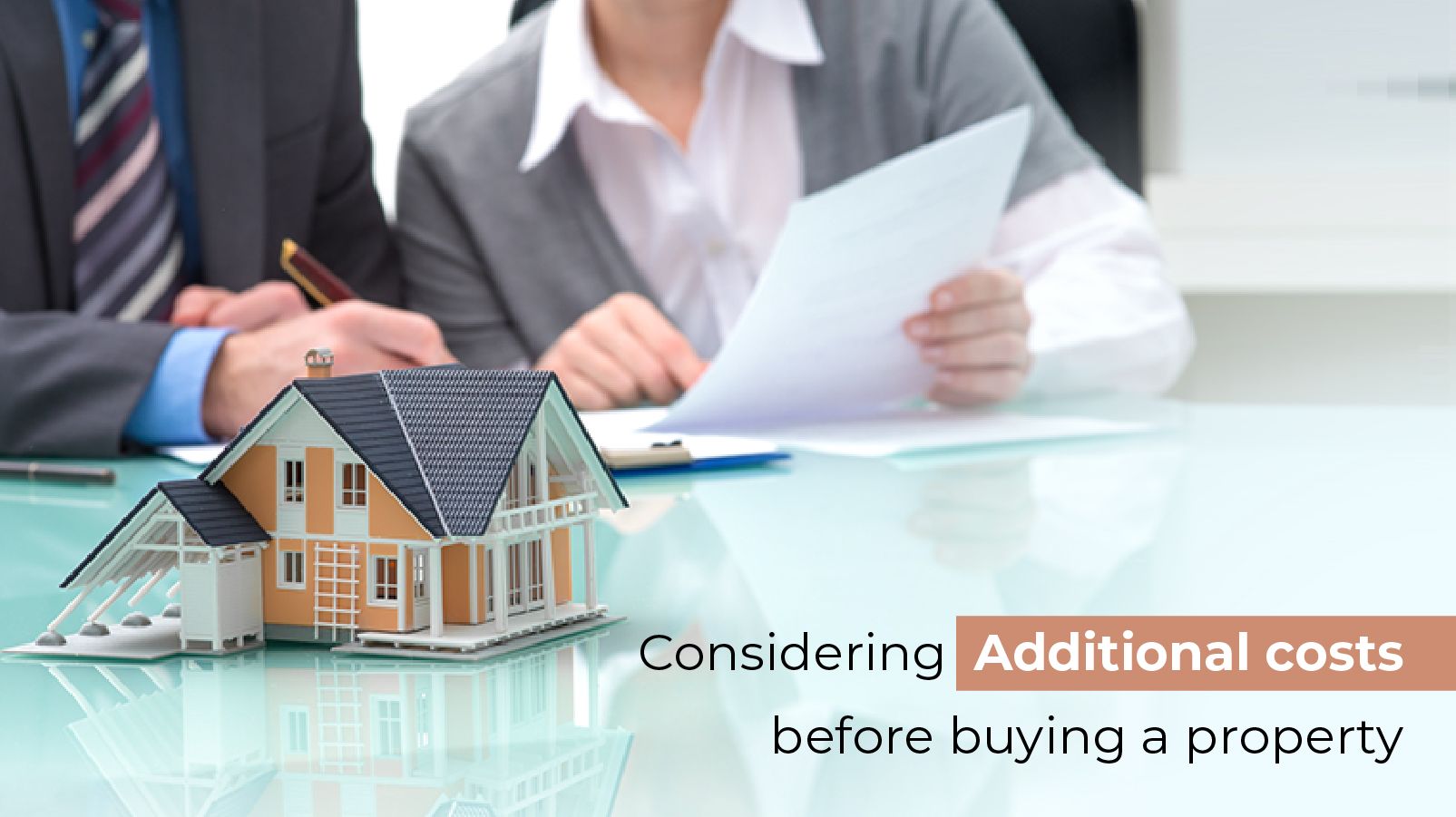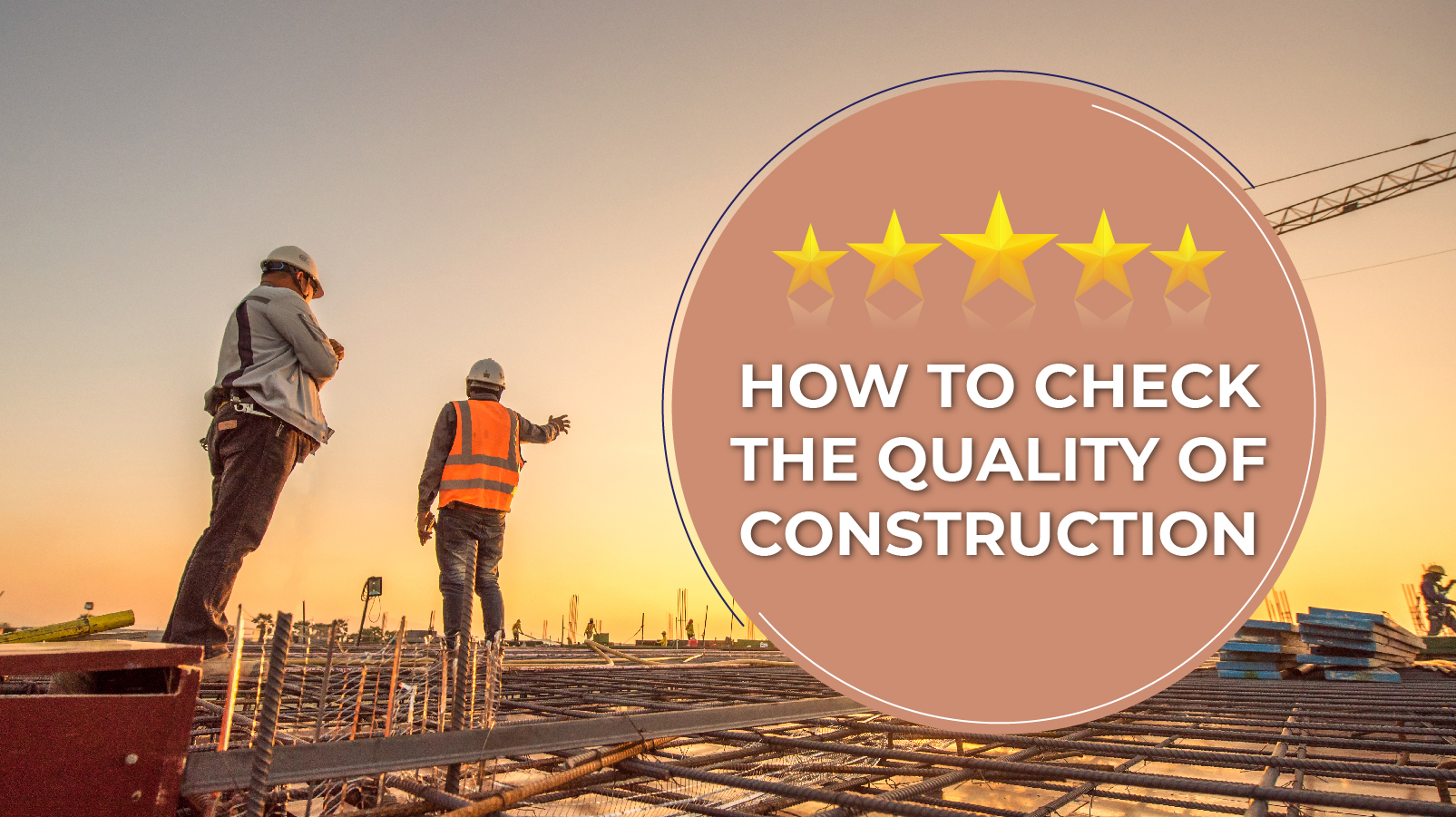Buying a house is one of the biggest investments you will make in life. It can be very exciting, but at the same time, you are probably aware that there are many costs associated with home buying. We have all done it. We have all ignored the small print and only focused on the price. We have all bought something that wasn’t quite what we needed, purely because we were too caught up in the low price. There are fees and expenses that can be confusing for first-time home buyers to understand. The costs of home ownership go beyond the mortgage payments and monthly fees for utilities and cleaning supplies. In fact, most people underestimate how much the hidden costs of owning a home will really cost them.
Below we outline the 7 hidden costs, you should not ignore when buying a house:
- Stamp Duty & Registration Fees
It is a tax that must be paid when you buy property in India. The stamp duty is applicable on the transfer of land or building which involves a financial consideration. It is generally payable by the purchaser of property. Stamp Duty is a tax levied on the price of the property purchased. The stamp duty charges on real estate are governed by state laws and vary from state to state and ranges between 5-7%
Registration fees for a new house in India can be paid by the buyer or seller. The registration fee is charged by the government to maintain records of property ownership. Registration fees differ from state to state, but are generally within a range of 1% to 2% of the property value
- Maintenance Deposit
The maintenance deposit is the amount of money that you need to pay as a security deposit, when you book your house. The amount varies from time to time and from place to place. Builders ask for anywhere between 2-10 years, depending on the city, the locality, the type of property and the amenities on offer. This nominal amount is kept aside by the builder, in case there are any damages or in case you break the agreement at any point during your stay in the house. Usually, some kind of insurance policy is also taken by them against damage and wear and tear caused by you to the property.
Till date, there were no laws that specified how much money should be paid as a maintenance deposit. However, now, with a recent amendment in the Real Estate (Regulation and Development) Act, 2016 (RERA), it has been made mandatory for builders to mention it in their brochure or agreement papers prior to booking a flat. In addition, builders will have to refund this amount within 21 days of receiving your cancellation notice given for any reason.
In existing buildings the maintenance is payable to the association which will be used against damages if any.
- Parking Space
The parking space charges on your new house in India is not something to ignore. Parking Space Charges are directly proportional to the cost of construction. Parking Space Charges have increased as building costs have gone up. The cost of construction has been increasing steadily over the years and so have parking space charges as well. Amount of Parking Space charges varies from city to city and location to location depending on different factors like:
- The size of the parking area
- The location of the house
- The cost of construction and other factors
Parking space costs usually start from around Rs. 1 lakh and can go up to Rs. 25 lakhs.
- Interiors
This is probably the biggest and most important cost which often gets ignored during the euphoria of buying a new home. Interior decoration and designing is an important step in making your house a home. The cost of doing interiors for a new home depends upon several factors that are unique to the individual needs of the owner, size of the property, and the location. The type of materials used, the level of quality and expertise required, the number of doors and other fixtures, and the distance to be covered by all interiors work matters in the budget. Some owners may also prefer something exotic like marble or a local wood. While the thumb rule
- GST
Like stamp and registration fees, GST is payable to the state government.
- On residential properties that are not part of the affordable housing segment, GST charges on a flat purchase will be paid at 5% without an input tax credit (ITC).
- Residential properties included in the affordable housing segment will be subject to a 1% GST without an ITC.
In the case of under-construction properties, the GST on a flat purchase rate is 12%. GST for flat purchase does not apply to the resale of old properties or the sale of completed homes (where a completion certificate has been granted).
- Preferential Location Charge (PLC)
A house overlooking the park, a flat with a view of a swimming pool, a unit close to the main road, or an apartment lying towards the corner, are all considered to have a preferential location. A buyer has to pay PLC if his unit enjoys any of the above-mentioned locational advantages.
A PLC can be paid in two ways: either as a percentage of the cost of the house, or as a flat fee. But one thing you need to know is that the PLC is not included in the cost of the house, and therefore will be charged separately at the time of possession.
Whether you’re planning on buying a home in the near or far future, it helps to be aware of the costs you’ll likely have to take on. These include insurance, upkeep, repairs, and more. That said, there’s no reason to let these expenses scare you away from purchasing a property—just make sure you’re prepared for them when making such a major investment. If you’re planning to purchase a property, you should be aware of these charges before agreeing to buy the property or signing any contracts.






